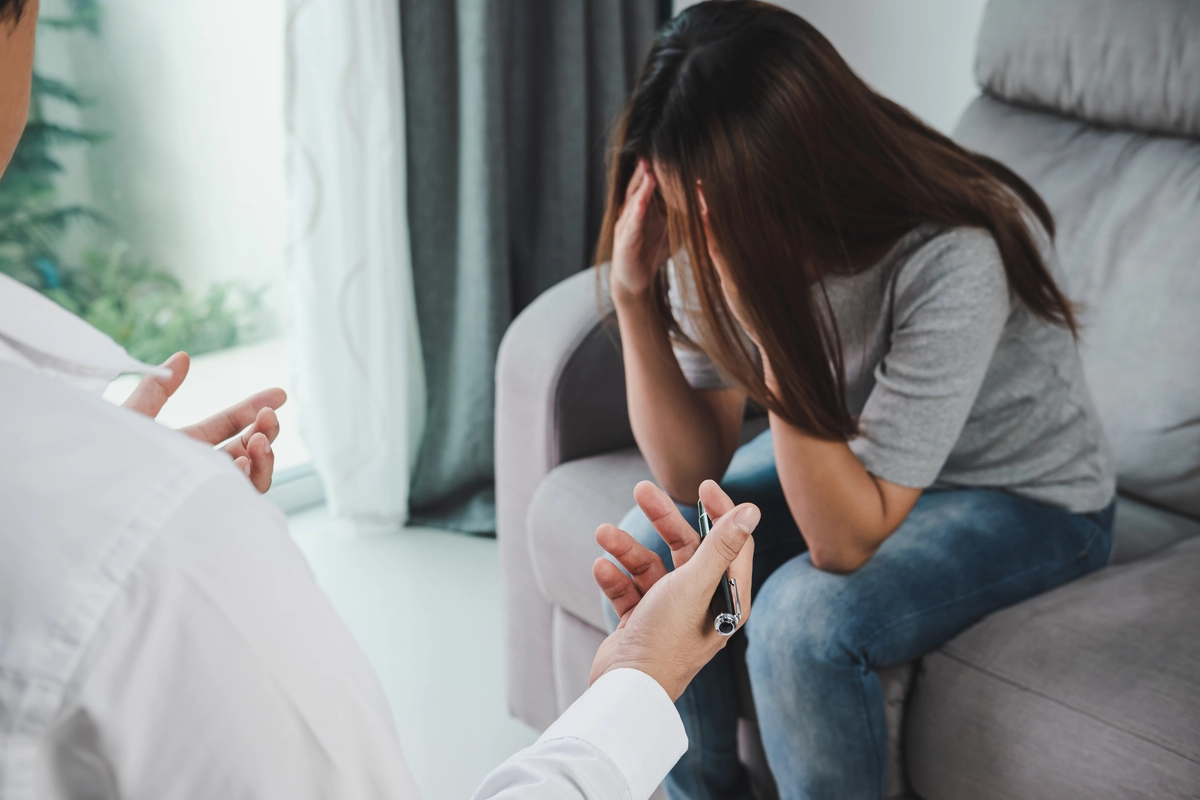24/7 Helpline:
(866) 899-221924/7 Helpline:
(866) 899-2219
Learn more about Eating Disorder Treatment centers in Green Lake
Eating Disorder Treatment in Other Cities

Other Insurance Options

Humana

UnitedHealth Group

BlueShield

Providence

Cigna

Excellus

Health Partners

Medical Mutual of Ohio

Aetna

Regence

Anthem

WellCare Health Plans

ComPsych

WellPoint

Molina Healthcare

AllWell

EmblemHealth

Choice Care Network

Covered California

Lucent

Green Lake County Health & Human Services
Green Lake County Health & Human Services is a public rehab located in Green Lake, Wisconsin. Green ...




















